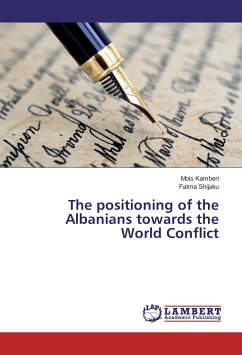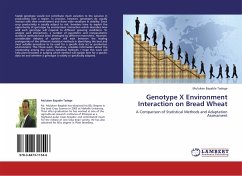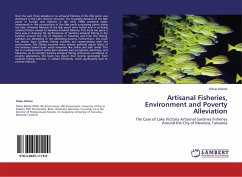Architecture has been pushed towards the realms of theorization, conceptualization and design methodologies. It is apparent that design is becoming interrupted and more associated with the manufacturing of ideas. It has lost its essence as a phenomenon whose roots are embedded in history and man s relationship with his specific habitat. Hence, the aim of the thesis is to redirect architectural attention to Ecology and its various implications on design. The study puts forward the notion that human achievements are an outcome of the interaction between ecology, Culture and Cognitive Structure. These relationships are thought to set the principles behind environmental qualities of stability, compatibility and fitness. Once designers arrive at an understanding of these principles, they will be able to manipulate their design ideas to accommodate ever changing circumstances of their physical and cultural environments.
Bitte wählen Sie Ihr Anliegen aus.
Rechnungen
Retourenschein anfordern
Bestellstatus
Storno








